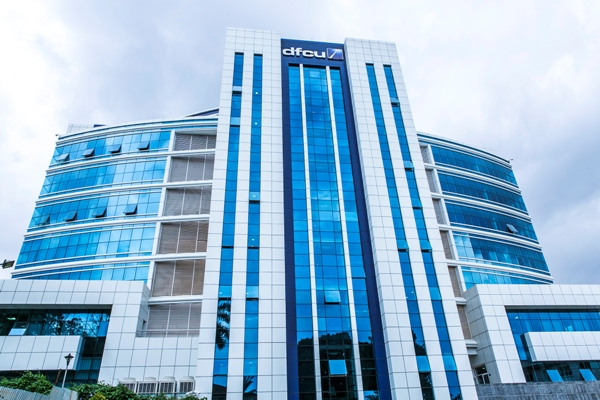The Bank of Uganda (BoU), the country’s Central Bank says that Non-Performing Loans (NPLs) are likely to rise further through 2022.
A Non-Performing Loan (NPL) is a loan in which the borrower is in default and hasn’t made any scheduled payments of principal or interest for a certain period of time. In banking, commercial loans are considered nonperforming if the borrower is 90 days past due.
NPLs are subject to late repayment or are unlikely to be repaid by the borrower.
BoU attributes the anticipated rise in NPLs to low economic growth, impact of inflationary pressures and potential default of past due Credit Relief Program loans.
According to Robert Mbabazize, the Director Financial Stability at the Bank of Uganda, annually, loans grew by 6.3% in the year ended March 2022 to USh.18.5 Trillion, slower than the 13.2% in March 2021.
Speaking to journalists during the inaugural Financial Stability Symposium held at Golden Tulip Hotel on Wednesday, Mbabazize noted that credit intermediation is affected by concerns over asset quality and uncertainty over the pace of economic recovery.
BoU figures show that the aggregate NPL ratio for banks rose slightly from 5.4% in March 2021 to 5.8% in March 2022.
According to BoU, the NPL ratios for credit institutions and MDIs improved from 8.7% to 7.7% and 9.8% to 8.0% respectively.
“The trend of NPLs partly reflects the effect of increase in past due credit relief loans; prudent early provisioning for bad loans by banks; and BOU supervisory actions,” Mbabazize said.
As a result, the Bank of Uganda projects NPLs to rise further through 2022 and that the NPLs may in future affect the profitability of banks.
However, Mbabazize said the Central Bank is continuing to engage banks to ensure that they prudently conduct forward looking provisioning for Expected Credit Losses. According to Mbabazize, the BOU is also working with the Uganda Bankers Association (UBA) to address risks related to collateral valuation.
He notes that the loan to value ratio on residential mortgages and land purchase has been maintained at 85%.
He also revealed that the Asset Reconstruction Company started operations in April 2022, focusing on distressed loans.
“It has taken on a portfolio of US$ 17 million and is in advanced stages of taking over an additional portfolio of US$ 70 million,” said Mbabazize.





